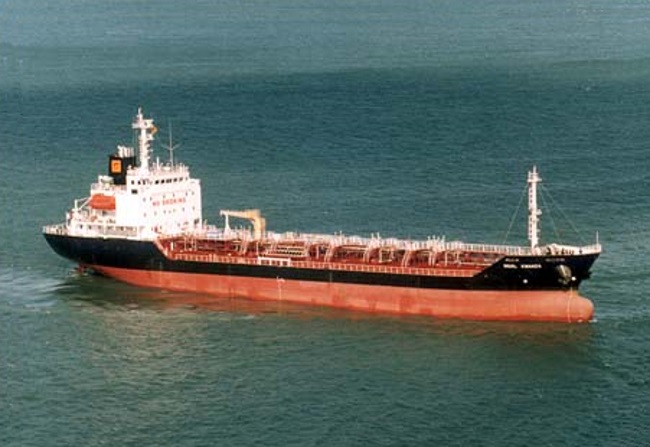The looming completion of West Africa’s Dangote refinery is expected to have a significant impact on crude and product tanker flows to the region. Already though, a shift is expected due to the fact that EU exports of products is about to decline, due to the Russian oil ban. In its latest weekly report, shipbroker Gibson said that “in recent years we have paid close attention to the new 650kbd Dangote refinery currently under construction. The project was initiated nearly a decade ago and was originally scheduled to come online in 2019. However, as is the case with most grassroots refineries, the scale of the project coupled with typical logistical delays; which were further amplified by disruptions caused by the pandemic meant that the start-up has been pushed back. In late 2022, the Nigerian Midstream and Downstream Petroleum Regulatory Authority (NMDPRA) reported that the refinery is nearing completion, being 97% commissioned, whilst many media outlets suggested that the scheduled start-up date is in Q1 2023. In contrast, the IEA currently expects the refinery to fire up around mid-2023, but the agency also acknowledges that further delays cannot be ruled out due to the sheer size and complexity of the single train refinery. An increase in crude imports into Lekki will signal that the start date is approaching fast; however, so far this has not been witnessed despite the speculation”.
According to Gibson, “with the Nigerian National Petroleum Corporation (NNPC) acquiring a minority equity stake at the refinery and agreeing to supply 300kbd into the plant, the start up will lead to a further decline in West African crude exports. According to Kpler, regional exports averaged 3.4mbd last year, easing by 150kbd year-on-year but down massively by 1.4mbd from peak levels in 2015. The refinery’s impact will also be felt beyond the regional market. West Africa helped to offset the halt in Russian crude flows into Europe, with shipments to European destinations increasing by nearly 200kbd in 2022. However, when Dangote is up and running, these flows will come under renewed pressure, with Europe needing to source even more barrels from the Middle East, US Gulf and Latin America”.
The shipbroker also noted that “product tanker flows are also bound to transform, and these changes could begin even prior to the Dangote start-up. West Africa imported circa 0.94mbd of clean products last year, with 60% of all products coming from Europe. These flows are likely to decline, now that EU ban on Russian products is in place. Direct flows from Russian ports could increase, although it is still too early to know for sure. In the long run, when Dangote is operational, it is widely believed that regional product imports will decline notably, with the plant reported to yield circa 325kbd of gasoline, 245kbd of gasoil/diesel and 55kbd of jet fuel when fully operational”.
“Ironically, however, it could make more economic sense for West African countries to buy discounted Russian products and resell domestic volumes at market values. The same could also be applied to crude. Yet, a lot here depends on the freight element, whilst significant involvement of international financial institutions in many wide-ranging projects in Africa also have the potential to block this lucrative trade. Only time will tell what actually happens, but one thing is certain – Dangote will bring a transformational shift in both crude and product tanker flows to West Africa”, Gibson concluded.
Source: Hellenic Shipping News






